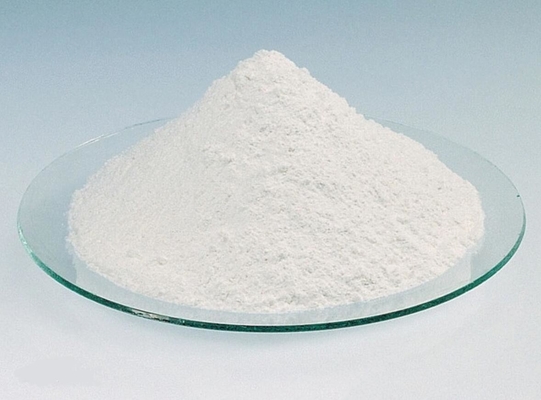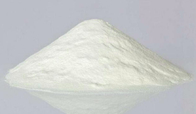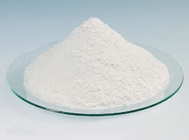CAS 9004-32-4 Sodium Carboxymethyl Cellulose Thickener 3000 CPS Food Grade Powder

Contact me for free samples and coupons.
WhatsApp:0086 18588475571
Wechat: 0086 18588475571
Skype: sales10@aixton.com
If you have any concern, we provide 24-hour online help.
x| Name | Sodium Carboxymethyl Cellulose (CMC) | Type | Thickeners |
|---|---|---|---|
| Color | White | Appearance | Light And Free Flowing Powder |
| Viscosity | 3000 | Qty In 20' FCL | 16MT |
| CAS No | 9000-11-7 | CMC | Application Of CMC In Washing |
| High Light | Sodium Carboxymethyl Cellulose Thickener,3000 CPS Carboxymethyl Cellulose Thickener,Food Grade Thickener Powder |
||
Sodium Carboxymethyl Cellulose (CMC)
Sodium Carboxymethyl Cellulose (CMC) can be use in beverage and food products. It can be improve the viscosity of final products and improve the mouth feeling of products.
Application of CMC in food
| ITEMS | STANDARD | |
| Moisture (%) | ≤ 10% | |
| Viscosity(2% solutionB/mpa.s) | 3000-5000 | |
| PH value | 6.5-8.0 | |
| Chloride (%) | ≤ 1.8% | |
| Degree of substitution | 0.65-0.85 | |
| Heavy metals Pb% | ≤ 0.002% | |
| Iron | ≤ 0.03% | |
| Arsenic | ≤ 0.0002% | |
Applications in dairy products
Application study in acidic beverages
Acidic dairy beverages have a unique sweet and sour flavour and a wide market. However, in the production process, casein can be destabilised by aggregation under acidic conditions, so polysaccharides are generally added to protect the casein, making the system stable and ensuring good taste at the same time. The mechanism by which sodium carboxymethyl cellulose, a polysaccharide, can stabilise acidic dairy beverages can be described as follows: during acid conditioning, at pH 5.2, CMC-Na starts to adsorb on the surface of the casein micelles, its effect is similar to that of κ-casein under neutral conditions, the electrostatic repulsion of the adsorbed layer and the spatial site resistance maintain the stable existence of casein micelles, and CMC-Na has a thickening effect, which can CMC-Na has a thickening effect and can reduce the settling rate of protein particles. The results showed that a certain concentration of sodium carboxymethylcellulose was required at low pH; and below this concentration, the system was destabilised. At pH 3.6 to 4.6, lower pH systems require more sodium carboxymethylcellulose to stabilise. Fermented acidic dairy beverages have higher requirements for stabilisers compared to acid-regulated ones.
Acidic dairy beverages containing fruit grains are made by adding a certain amount of fruit grains to the dairy beverage, which also requires the addition of stabilisers to stabilise the system. Tests have shown that CMC-Na is the main stabiliser for acidic dairy beverages. The stability of the system is better when the CMC-Na is 0.4% and the pectin is 0.14% of the compound stabiliser.
It has also been studied that sodium carboxymethyl cellulose was applied to stabilize the system in lycopene active beverage. Studies have shown that when CMC-Na is added at a level greater than 0.4%, the product has good stability, but at this point the viscosity increases greatly, so it can be chosen to be used in combination with other colloids.
After the application of CMC-Na cold-formed material process optimization, the traditional acid-formed dairy beverage always has a higher viscosity and better stability than the hot-formed product during the shelf life, which also provides a theoretical basis for the better application of sodium carboxymethyl cellulose in the production of acidic dairy beverages.







